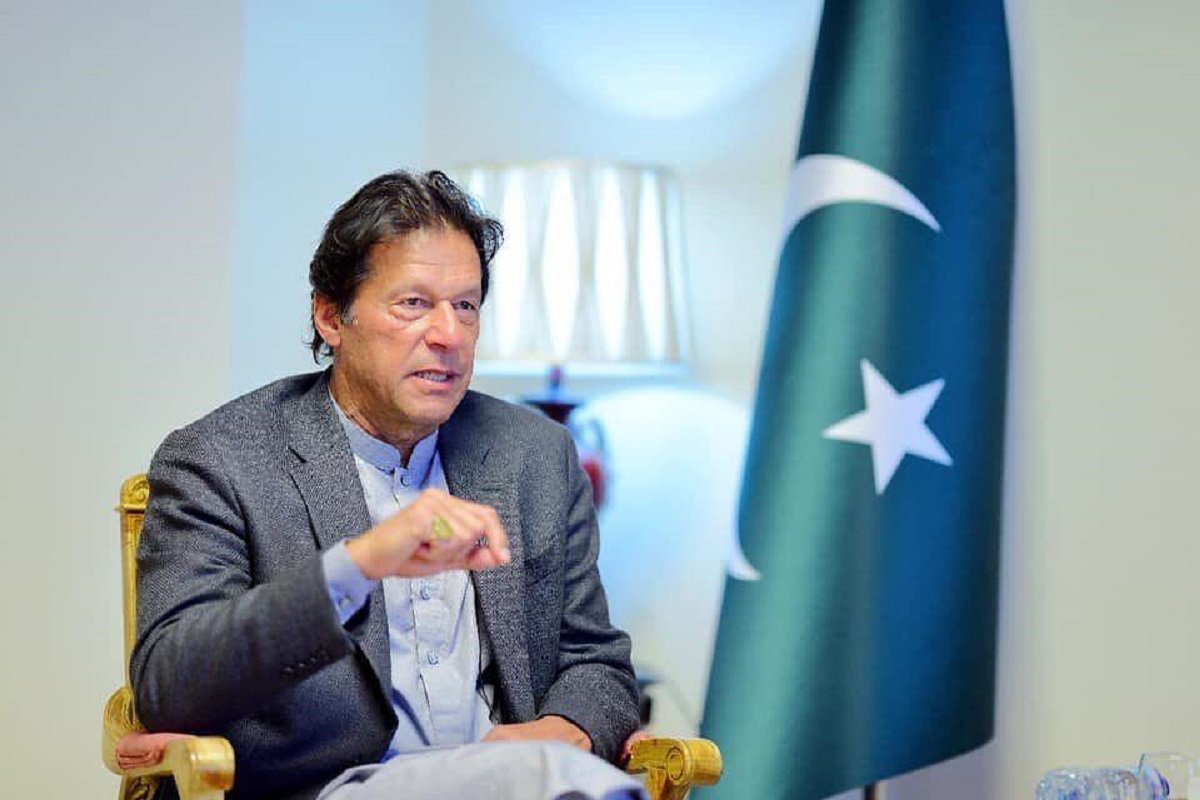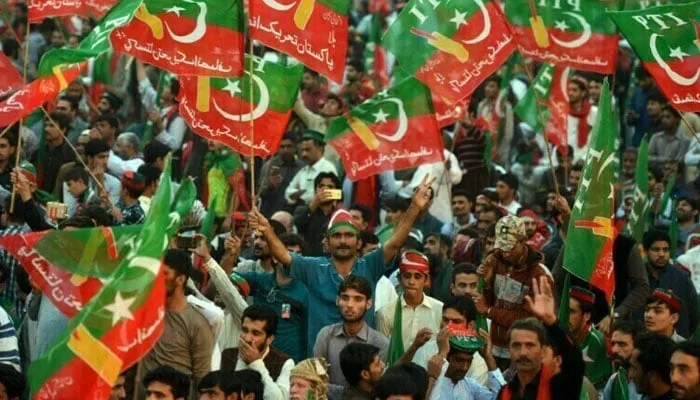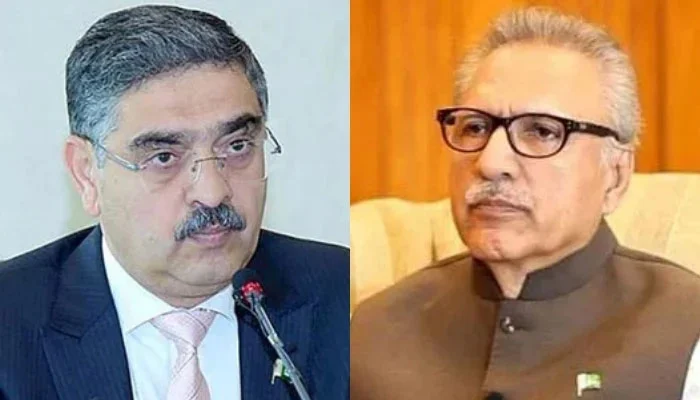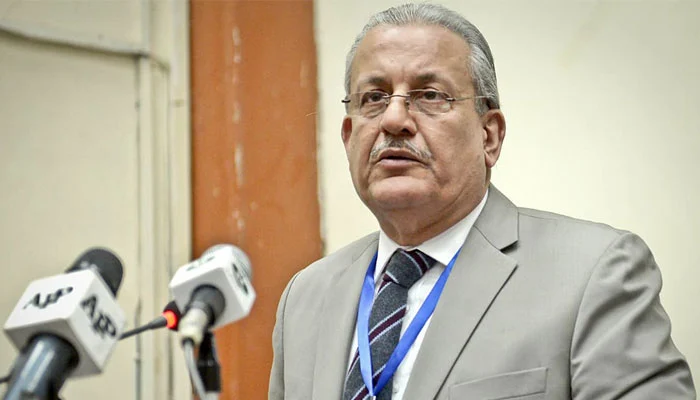When Imran Khan came to power, he repeatedly emphasized that the country was in a worse economic condition than he had expected. Under the leadership of Shahbaz Sharif, figures like Zardari, Maulana, Khaled Maqbool, Akhtar Mengal, and others came together to form a government. They constantly lamented how the PTI had damaged the country far beyond their expectations. They claimed that they had made sacrifices for the sake of the state, but now that they are in power, they are echoing the same concerns, stating that the situation is not just an economic crisis but a complete mess, and they are unsure where to begin with the reforms.
While military leaders and politicians are often mentioned, it is essential to recognize that the bureaucracy, the judiciary, and the mafias play a significant role in making the country unmanageable. The question arises as to who has corrupted all these institutions, and the answer is that it is the political leaders themselves.
These leaders may be shrewd and politically astute, but unfortunately, they have been more concerned about their own interests than the welfare of the nation. Take, for instance, the People’s Party in Sindh, which has built its own “system.” Is this the work of ordinary minds? Instead of building a “system,” if they had used their abilities and capabilities for the betterment of the people of Sindh, could Sindh not have become a paradise today?
Imran Khan, who once appeared as a straightforward and honest man, turned out to be quite cunning. He engaged with various lobbies, consistently lied, and manipulated people’s perceptions. He deceived his own benefactors and appeased the Western powers to such an extent that they now find themselves entangled with those they once opposed.
Look at the leadership of the Muslim League (Nawaz). In two and a half years, they wrapped up their cases. Even when leaving the government, they ensured control over the bureaucracy, leaving their loyalists behind to protect their interests. Consider Maulana Fazlur Rehman. Despite only being in power in Khyber Pakhtunkhwa for a short period, he managed to accomplish more in those five years than he did in the past two decades. However, during the last four years of the PTI government, there was a continuous struggle for influence between the establishment and the political leaders.
Imran Khan, while maintaining covert support from the establishment, tried to blackmail them as well. But his target was not civilian supremacy; it was a return to power, just like the others. The PPP, PML-N, and JUI-F also engaged in a fierce competition to gain the establishment’s favor. They all competed to see who could please the establishment the most.
It’s undeniable that if accountability is pursued, the military has played a significant role in the nation’s economic and social degradation, and they continue to manipulate and corrupt politicians and bureaucrats. However, the fact remains that the political leaders are not qualified to be called leaders. They have taken their turns and are now busy ensuring their future turns, even if it means deceiving the public and creating chaos in the country.
The common people and the nation are left at the mercy of the Almighty, the military, and the power brokers.



